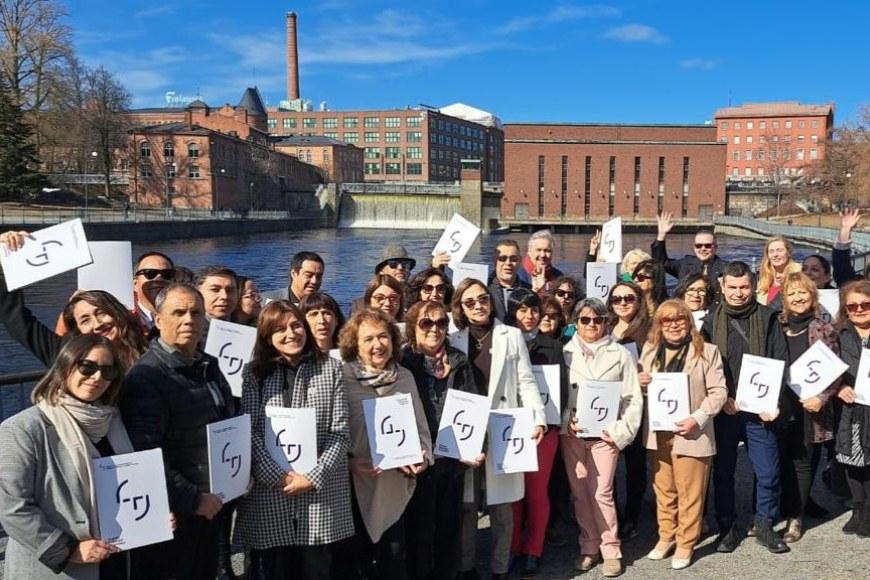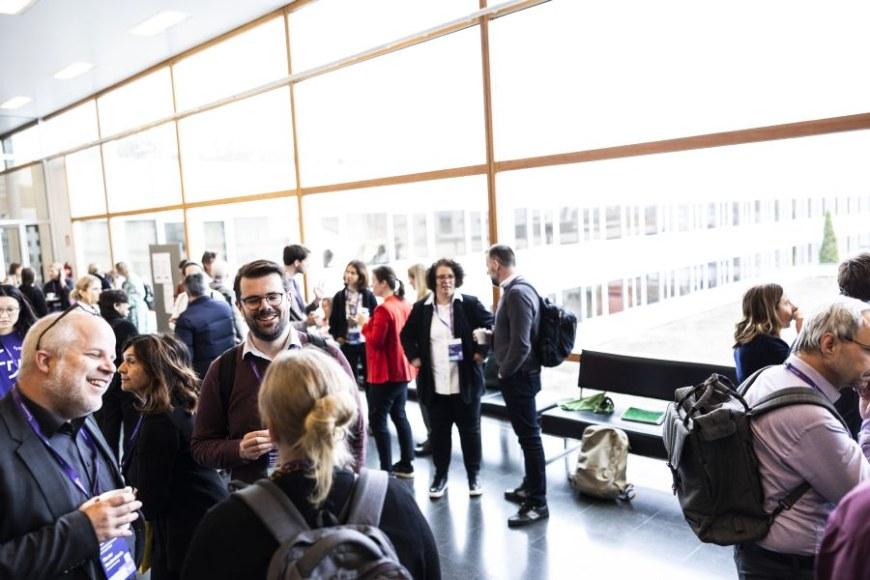Finnish and Swedish policy experts find common challenges for the renewable electricity policy in the Nordics

However, a further institutionalization of Nordic energy policy cooperation is seen cautiously as the current combination of a high-level cooperation and more informal cooperation channels is seen as better suited to the complex and constantly evolving policy environment.
Finland and Sweden position themselves as front runners when it comes to the energy transition. Ambitious national strategies are also reflected on the regional level, for example through the “Declaration of Nordic Carbon-Neutrality” in 2019. Focusing on actors and policy processes in the ongoing Nordic energy transition allows to elucidate the extent to which national policies can support or hinder the further development of Nordic cooperation in this policy field.
The new study of the EL-TRAN Consortium based on policy documents and interviews with policy experts in Spring 2020 analyzing renewable electricity policy in Sweden and Finland finds that whereas the policy mixes in both countries are characterized by different policy instrument at different time points with the core measure in Sweden being the electricity certificate system and Finland relying on a feed-in premium scheme.
Despite differences in policy instruments employed, similar bottlenecks are identified: permitting processes, the development of grid connections and the need for a sufficiently flexible regulatory framework. Additionally, a strong market-based approach that values the positive impact of the Nordic electricity market is a commonality.
The EL-TRAN Consortium is coordinated by the Tampere University, Finland. It is part of the programme ’A Climate-Neutral and Resource-Scarce Finland’. This programme is funded by the Strategic Research Council established within the Academy of Finland. Professor Pami Aalto is the leader of the consortium
Kilpeläinen, Sarah (2020) Developing Nordic Cooperation in Renewable Electricity Policy: Exploring Views from Finland and Sweden, Politics and Governance, 8(4), 375–383,
http://dx.doi.org/10.17645/pag.v8i4.3408





